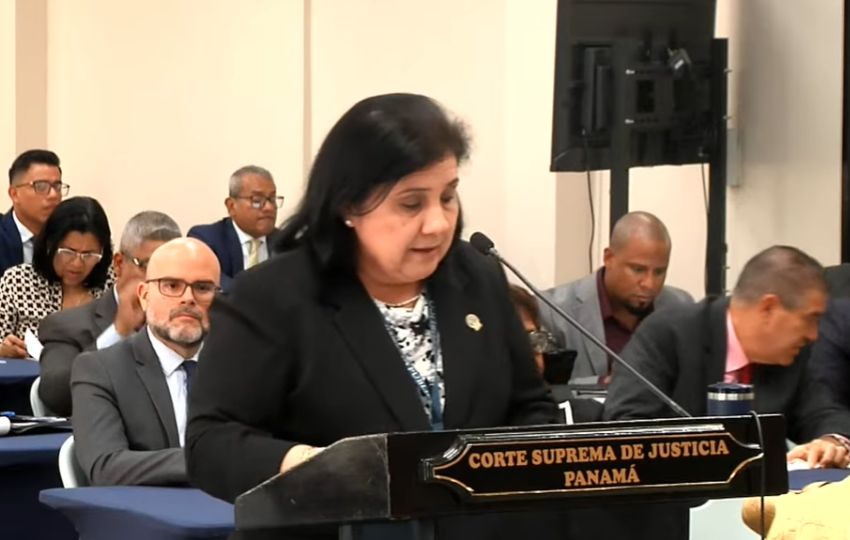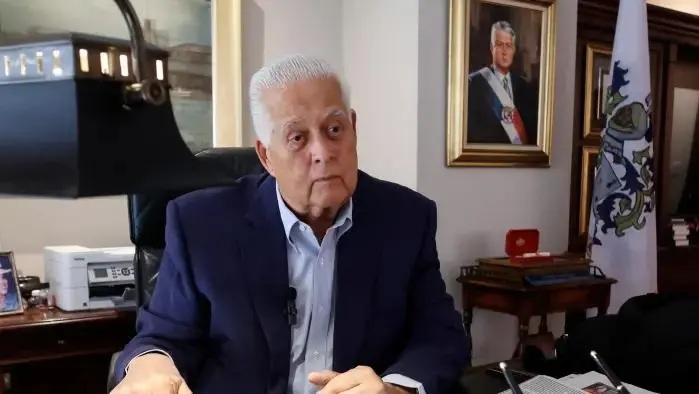UK marks 70 years of worlds largest public health program

On the eve of Obamacare opponent President Trump’s arrival, in the, UK, the country will be celebrating the 70th anniversary of the largest publicly funded health service in the world The National Health Service was launched by then-health secretary Aneurin Bevan at Park Hospital in Manchester.
“For the first time, hospitals, doctors, nurses, pharmacists, opticians, and dentists were brought together under one umbrella to provide services for free at the point of delivery,” the NHS website says.
Workers from the NHS are celebrating the founding of the service and its rise to dealing with more than a million patients every 36 hours.
The service has become part of the fabric of British life and is regularly named as one of the things that make people feel proud to be British reports The Week.
In 1942, Sir William Beveridge, a prominent government economist, was commissioned to write a report on how Britain should rebuild when the Second World War ended.
The five evils
The Beveridge Report was published in November 1942. In it, Beveridge identified society’s five “Great Evils”, which he deemed to be “want, disease, ignorance, squalor, and idleness”. To counter these, he proposed a “revolutionary form of government organization, with an ambitious system of social security designed to set new standards for citizen welfare says the BBC.
A key component of the report was a national health service that was free at the point of access and paid for by taxation.
Remarkably, the report was seen as such a powerful piece of propaganda that British airmen dropped copies of it – translated into 22 languages – all over German-occupied Europe during the War. Two copies of it were found in Hitler’s bunker, The Times reports.
Shock victory
In the final stages of the War, in 1945, Labour pulled off a shock election victory that saw Winston Churchill replaced as prime minister by Clement Attlee.
The party’s manifesto had been directly based on the Beveridge Report, promising a vast welfare state.
The new minister for health, Bevan, who had been a miner in Wales was tasked with leading its creation.
“Many groups, including charities, churches and local authorities, didn’t want the government taking control of hospitals,” according to the The National Archives website. But “compromises were worked out” with senior consultants and dentists that allowed them to continue to work privately, much to the ire of Bevan.
Launch
Following years of drafting, the National Health Service Act (came into effect in July 1948, creating the National Health Service in England and Wales. Scotland and Northern Ireland created similar systems soon after.
The service was based on three core principles: that it meet the needs of everyone, was free at the point of delivery, and was based on clinical need, not ability to pay.
 For the first few years, prescriptions were handed out for free, until a one shilling (less than a dime) fee was introduced in June 1952.
For the first few years, prescriptions were handed out for free, until a one shilling (less than a dime) fee was introduced in June 1952.
Save for a brief period between 1965 and 1968, when they were free, prescriptions have remained available at a small charge ever since.
President Trump will meet Queen Elizabeth II and UK Prime Minister Theresa May, but a tour of NHS facilities is not on his schedule.





